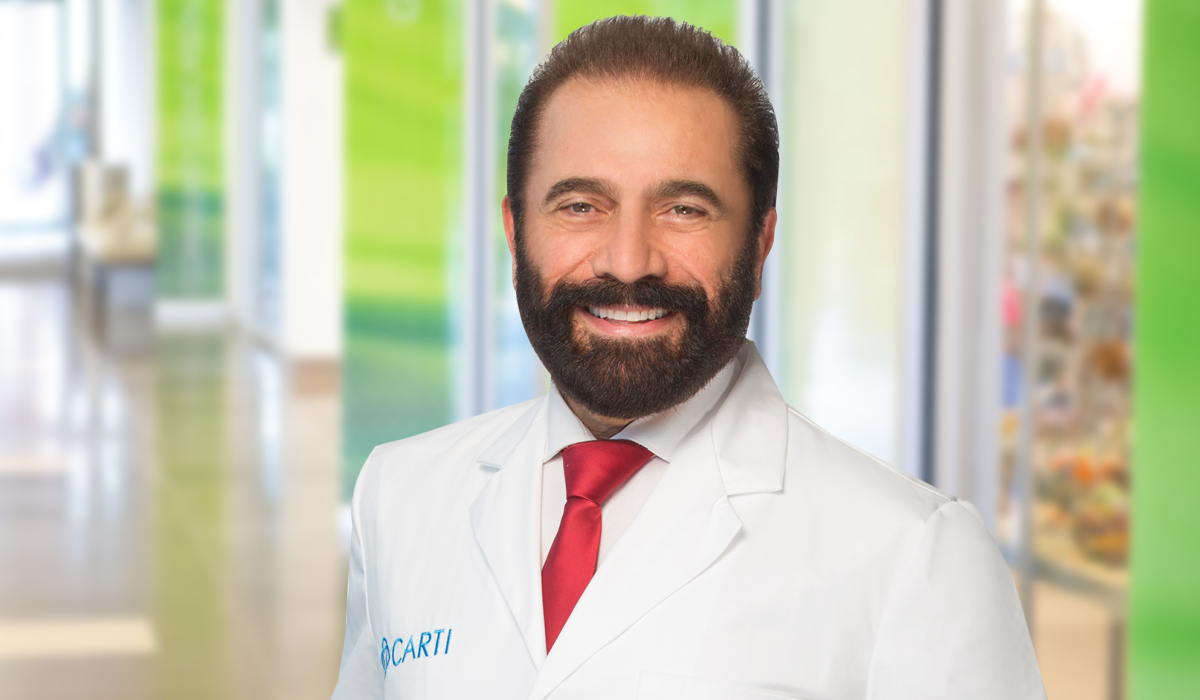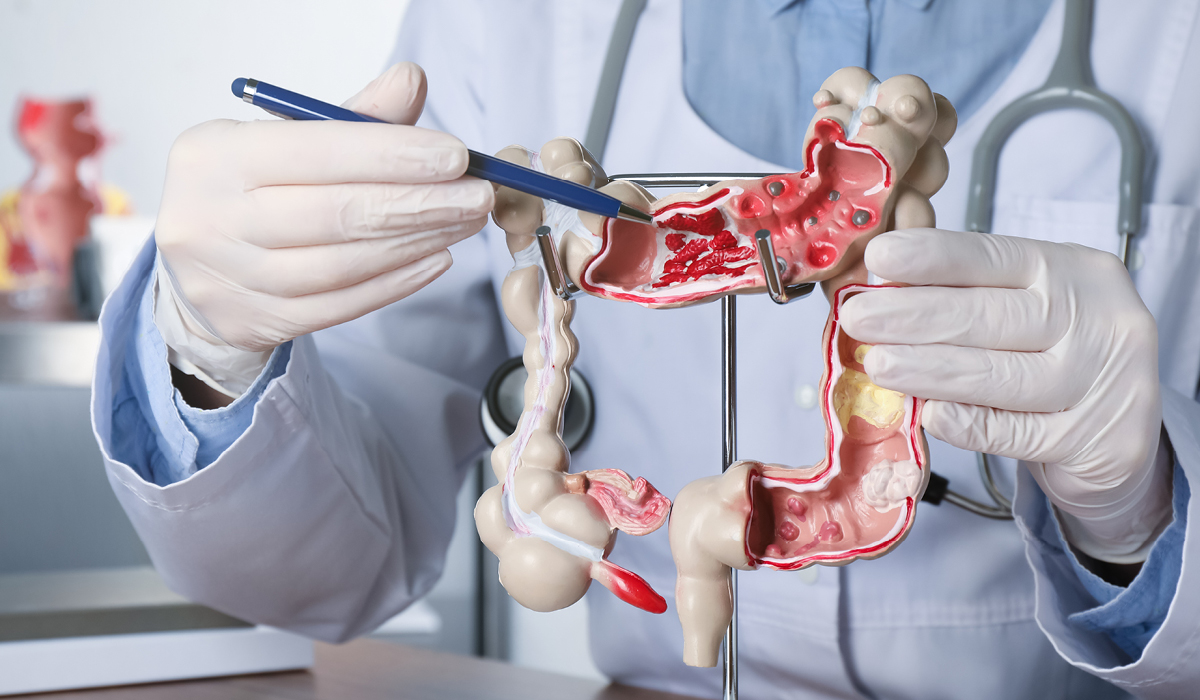Coronavirus: What Cancer Patients Need to Know
In light of the global coronavirus/COVID-19 pandemic, and the increasing number of confirmed cases in Arkansas, many cancer patients are concerned about how this virus may directly affect them. Our medical team answered some of the top questions we are receiving, in hopes of relieving some of the anxiety our patients may be feeling.
Are cancer patients at a higher risk?
While some cancer patients may be at a higher risk of contracting COVID-19 because they have a compromised immune system, CARTI is doing everything possible to minimize the risk to our patients and caregivers who visit a CARTI facility. From mandatory pre-screenings for everyone who enters the building to social distancing within our clinic spaces, we are enhancing our safety precautions and monitoring the situation on a minute-by-minute basis. To view our up-to-date safety protocols, click here.
Which cancer patients are at the highest risk?
Patients with the most profound immune deficits include:
- Patients with hematologic (blood) malignancies like non-Hodgkin lymphoma, chronic lymphocytic leukemia, acute myeloid leukemia, acute lymphoblastic leukemia and multiple myeloma.
- Patients who are in active treatment, or have recently completed treatment, including surgery, radiation, chemotherapy and immunotherapies.
- Bone marrow transplant patients.
In order to minimize the risk to our patients who are in active treatment or who have essential diagnostic and follow-up appointments, we have rescheduled all nonessential patient visits. This includes canceling appointments for our specialty clinics, including The Breast Center at CARTI and The Cancer Genetics and Risk Management Clinic. Diagnostic patients will continue to be seen at The Breast Center. CARTI patients currently in treatment will continue with their scheduled care.
It is our hope that by reducing the number of patients in our clinic spaces, we can reduce the possibility of exposure for our patient population until we have a better handle on the situation.
Should I cancel my treatment or follow-up appointments?
Under CARTI’s current safety protocols, we encourage all patients who are in active treatment, or who have essential appointments, to keep their appointment, unless they are experiencing coronavirus symptoms.
How can I help protect myself?
- Avoid close contact with people who are sick.
- Wash your hands often with soap and water for at least 20 seconds and remember that gloves are not a substitute for hand hygiene.
- Use an alcohol-based hand sanitizer that contains at least 60% alcohol if soap and water are not available.
- Avoid touching your eyes, nose, and mouth with unwashed hands.
- Follow CDC’s recommendations for using a facemask.
- CDC does not recommend that people who are well wear a facemask to protect themselves from respiratory diseases, including COVID-19.
- Face masks should be used by people who show symptoms of COVID-19 to help prevent the spread of the disease to others.
- Restrict travel, if at all possible. We recommend that people stay local and do not travel across state lines or travel via airplane.
What should I do if I have the symptoms?
To keep from spreading respiratory illness to others, you should:
- If symptoms are mild, stay home and avoid contact with other people and animals.
- Do not go out in public.
- Delay any travel.
- Cover your cough or sneeze with a tissue, then throw the tissue in the trash.
- Clean and disinfect frequently touched objects and surfaces.
- If your symptoms worsen, seek medical attention.
- Before you go, call your health care provider and tell them about your travel and your symptoms. They will give you instructions on how to get care without exposing other people to your illness.
For the most up to date information about coronavirus, please visit the following resources:
CARTI patients who are experiencing any respiratory symptoms should call our nurses line at 501.906.3000, available Monday – Friday, 7 a.m. – 5 p.m., and weekends from 7 a.m. – 7 p.m.
If you have any additional questions, please contact your medical team or call 501.906.3000.



